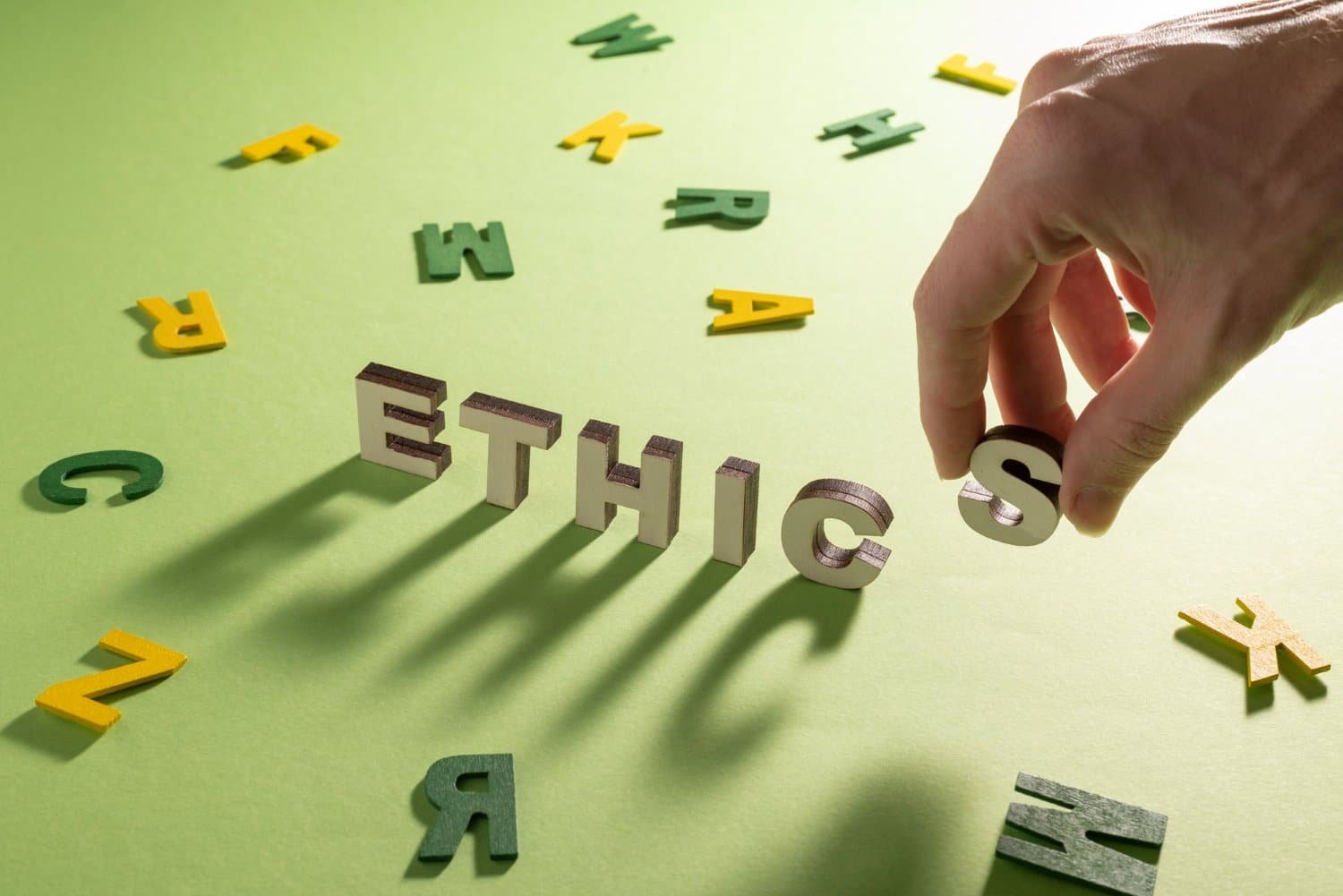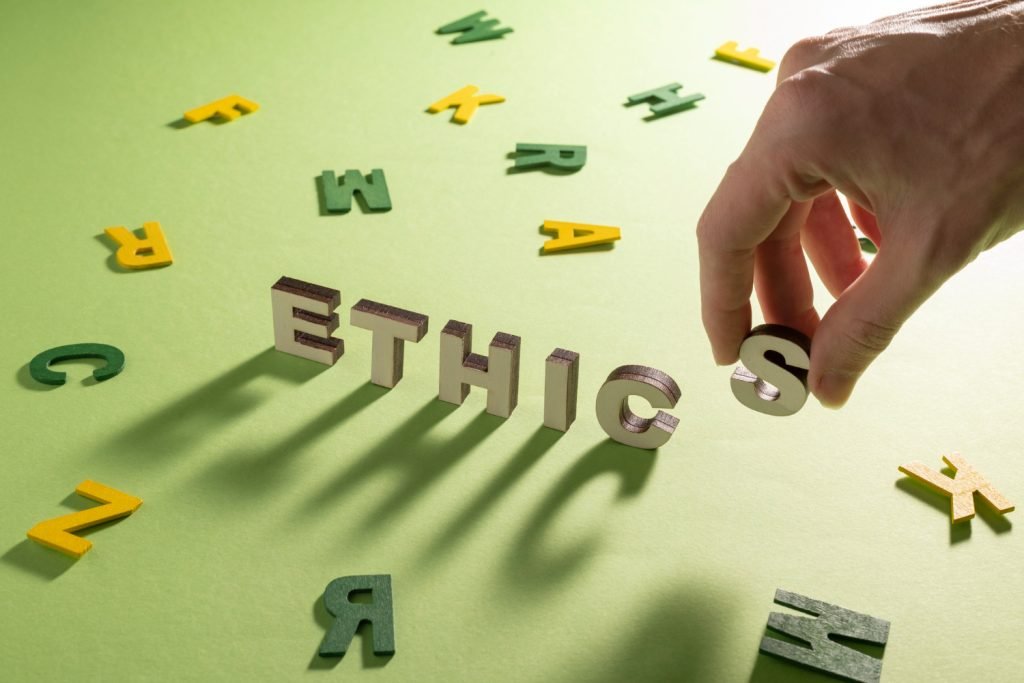Exploring Ethical Considerations in Content Creation
When we think about content creation, it’s easy to get swept up in the excitement of creativity, marketing strategies, and engagement metrics. However, there’s a fundamental aspect that should never be overlooked—ethics. Understanding and practising ethical considerations in content creation is paramount in a digital landscape filled with diverse voices and opinions.
The Essence of Ethical Content Creation
At its core, ethical content creation involves crafting material that upholds honesty, transparency, and respect. It’s about producing content that serves your goals and respects your audience’s rights and values.
The Perplexity of Ethical Choices
Ethical decision-making in content creation can often be perplexing. You might find yourself in situations where different ethical principles conflict, leaving you to make a tough call. For instance, how do you balance transparency with the desire to keep specific business strategies confidential?
Navigating Burstiness in Ethical Dilemmas
Burstiness, in the context of ethical dilemmas, refers to sudden spikes in the complexity of a situation. A straightforward issue can quickly become clearer when new information or perspectives emerge. This is where your ability to adapt and make ethical choices is tested.
Navigating Ethical Gray Areas
One of the most significant challenges in ethical content creation is navigating the grey areas. While some ethical considerations are clear-cut, others exist in uncertainty. Here are some common moral grey areas and how to approach them:
- Authenticity vs. Clickbait
Balancing the need for catchy headlines with the commitment to delivering valuable content can be tricky. It’s essential to pique interest honestly and deliver on your promises. Think of it as inviting someone to a genuine conversation rather than a bait-and-switch tactic.
- Data Privacy vs. Personalization
Personalized content is a powerful tool that often requires collecting user data. Ethical content creators should prioritize data security and transparency. Always seek consent and communicate how user data will be used.
- Sponsored Content vs. Independence
Monetizing your content through sponsorships is common, but it raises questions about independence. Be transparent about sponsored content, and ensure it aligns with your values and audience’s interests. Maintain your editorial integrity.
- Content Accuracy vs. Speed
In the fast-paced digital world, there’s pressure to be the first to break a story. However, rushing can lead to inaccuracies. Ethical content creators prioritize accuracy and fact-checking over speed, ensuring that the information they share is reliable.
The Role of Responsibility
Responsibility is a critical component of ethical content creation. It involves acknowledging your content’s influence and impact on your audience. Here are some steps to take:
- Know Your Audience: Understand who your content is reaching and tailor it to their needs and expectations.
- Fact-Check: Verify the accuracy of your content and cite credible sources. Misinformation can harm your credibility and mislead your audience.
- Respect Diverse Perspectives: Acknowledge and respect different viewpoints. Encourage constructive dialogue rather than shutting down dissenting voices.
- Transparency: Be transparent about your affiliations, conflicts of interest, and your information sources. Transparency builds trust.
- Seek Feedback: Actively seek feedback from your audience and peers. Continuous improvement is a hallmark of responsible content creation.
The Ethical Content Creator’s Toolkit
To excel in ethical content creation, you must equip yourself with a toolkit that helps you make informed, moral decisions. Here are essential elements to include in your ethical content creation toolkit:
Code of Ethics
Develop a personal or organizational code of ethics that outlines your values and principles. This code will serve as a compass, guiding your content decisions. Please share it with your team so everyone is on the same ethical page.
Ethical Checklists
Create checklists specific to your content creation process. These checklists can include items like fact-checking, source verification, disclosure of conflicts of interest, and transparency guidelines. Use these checklists to ensure every piece of content meets your ethical standards.
Ethical Dilemma Protocols
Anticipate potential ethical dilemmas and establish protocols for addressing them. Define a straightforward process for resolving conflicts between moral principles and determine who within your organization should make these decisions.
Continuous Learning
Stay informed about evolving ethical standards in your industry. Attend workshops, webinars, and conferences focusing on content creation ethics. Continuous learning will help you adapt to new ethical challenges.
Ethical Review Committee
Consider forming an ethical review committee within your organization. This committee can provide input and guidance on content decisions, especially when ethical dilemmas arise.
Feedback Loops
Encourage open communication with your audience. Create channels for feedback and actively seek input on your content. Be responsive to criticism and take constructive feedback as an opportunity for improvement.
Ethical Content Audits
Conduct regular audits of your existing content. Ensure that older content aligns with your current ethical standards. Make necessary updates and corrections if you find any discrepancies.
Ethical Partnerships
When collaborating with other organizations or individuals, vet their ethical standards. Ensure that your partners share your commitment to honest content creation to maintain the integrity of your brand.
Ethical Training
Provide ethical training to your content creation team. Equip them with the knowledge and tools needed to make moral decisions. Foster a culture of ethics within your organization.
Accountability
Hold yourself and your team accountable for ethical lapses. Transparency and accountability are essential components of honest content creation. Address mistakes promptly and make amends when necessary.
In Conclusion
Ethical considerations in content creation are not a one-time checklist but an ongoing commitment. It’s a journey where you continually strive to balance the complexities of ethical dilemmas with your responsibility to your audience. With the right toolkit and a dedication to ethical principles, you can navigate the ever-changing landscape of content creation with integrity and purpose.
Remember, ethical content creation is not a hindrance; it’s a path to building trust, fostering authenticity, and positively impacting the digital world. So, equip yourself with your ethical toolkit, stay vigilant, and let your content be a beacon of moral excellence in the online universe.
Read Also:
Writing for a Global Audience: Multilingual Content Strategies




















